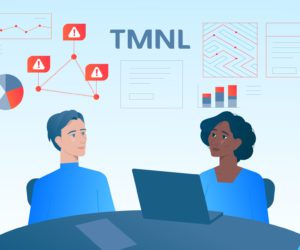By Vish Gain for AMLi
GEORGIA NEEDS TO STRENGTHEN its money laundering and terrorist financing prevention measures, a new MONEYVAL report reveals.
It calls on Georgian authorities to increase the use of financial intelligence in its AML system and to enhance supervision and regulation of high-risk non-financial sectors such as casinos.
The report, published Monday, assessed Georgia’s system per the 2012 recommendations of the Financial Action Task Force (FATF).
Georgia’s shortcomings have been identified in five key areas: use of cash in the economy, the real estate sector, trade-based money laundering and terrorism financing, activities of legal persons, and the use of non-profit organisations.
The MONEYVAL report also notes that the nation’s law enforcement has significant limitations on its ability to access financial intelligence from the Financial Monitoring Service.
Located at the crossroads of Eastern Europe and Western Asia, the nation investigates most of its money-laundering through the AML Division of its General Prosecutor’s Office (GPO). The report says that the division has investigated some ‘high-asset value cases with complex factors’.
However, cases are not sufficiently detected and the overall number of investigations is modest compared to the level of criminal activity in the country. The number of convictions involving complex cases and legal persons is reported to be very low.
Georgia’s legislative framework draws from the UN Security Council resolutions on targeted financial sanctions, but there are delays in implementation. Despite having convicted individuals for terrorism and terrorism financing, the country’s government has not listed any terrorist organisations within the assessment period.
While financial structures are strictly monitored by the National Bank of Georgia and the Insurance State Supervision Service, non-financial structures such as casinos have been singled out by the report as particularly high-risk.
It says that Georgia’s Ministry of Finance does not supervise casinos in practice, and technical difficulties in licensing requirements seriously undermine the nation’s battle against money-laundering and terrorism financing.
Even though setting up a legal person in Georgia is easy and the information is publicly available, identification of ‘fictitious’ limited liability companies in criminal schemes remains a significant challenge.
The mechanisms in place to access data on beneficial ownership of legal persons are not adequate, accurate, and up-to-date, the report says.
Earlier in October, the General Prosecutor’s Office investigated a potential money-laundering case involving tens of millions of USD in ‘various currencies’ and confiscated a ‘particularly large amount of money’ in the nation’s capital Tbilisi.
Share this on:
Follow us on:








